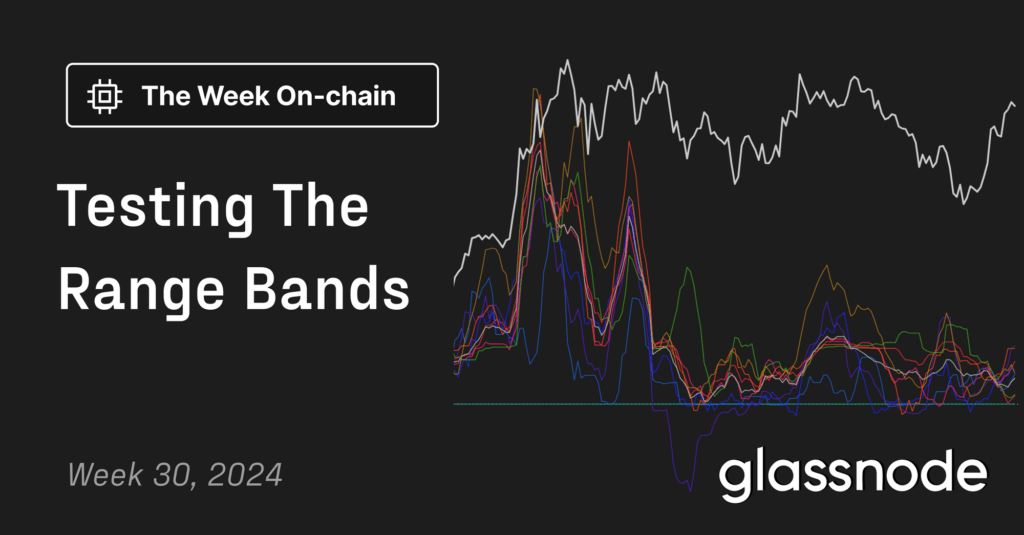Podcast Summary
This podcast episode explores the topic of central bank digital currencies (CBDCs) and their growing significance in political discussions, particularly on the American right. It discusses the progress of the digital euro, the most advanced retail CBDC among major Western currencies, and the concerns raised about privacy risks and government control. The episode also features debates between experts on the necessity of CBDCs and their potential impact on banking stability. The podcast concludes by highlighting the ongoing monitoring of CBDC developments.
Key Takeaways
Progress of the Digital Euro
- The digital euro: The European retail CBDC, known as the digital euro, is the most advanced among major Western currencies in terms of progress. Legislation is currently being debated in Parliament, and it has strong backing from the European Central Bank.
- Wholesale CBDCs: Wholesale CBDCs, which upgrade existing banking infrastructure, have been relatively uncontroversial and are being actively tested in advanced stage pilot programs in multiple Western and Asian nations.
Concerns and Controversies
- Privacy risks: Retail CBDCs have raised concerns due to privacy risks, permission spending, and overall government control of commerce. These concerns have been acknowledged by national and international regulators.
- Controversial design: The design of the digital euro has been highly controversial among lawmakers, with dissenting voices questioning its necessity when European countries already have advanced digital payment networks and access to banking is not a major issue.
Arguments for CBDCs
- Control of currency: Proponents of CBDCs argue that a digital form of central bank money is important to ensure control of the currency as cash becomes less important in payments. They fear that commercial banks will form a monopoly on currency supply.
- Potential benefits: CBDCs are seen as potential tools for crisis management and controlling bank runs. Wholesale CBDCs could also revolutionize cross-border payments.
Debates and Perspectives
- Differing views: Experts and lawmakers have differing views on the necessity and features of CBDCs, adding complexity to the discussions.
- Privacy concerns: Concerns about privacy in CBDCs are being dismissed rather than addressed, potentially making them more serious.
International Developments
- ECNY trials: Standard Chartered’s Chinese subsidiary is joining trials of the ECNY retail CBDC, which has seen significant adoption and transaction volume. It will explore cross-border merchant payments, trade financing, and supply chain financing with the ECNY.
- BIS initiatives: The Bank for International Settlements (BIS) is calling on national governments to prepare for CBDCs while addressing citizen concerns about privacy. It is also partnering with the World Bank and the Swiss National Bank to experiment with tokenization of development money for developing countries.
Sentiment Analysis
- Bullish: Proponents of CBDCs argue that they are necessary for maintaining control of the currency and ensuring financial stability. They see potential benefits in crisis management and cross-border payments.
- Bearish: Critics raise concerns about privacy risks, government control, and the necessity of CBDCs when existing digital payment networks are already advanced. They question the claims of increased financial stability and argue against the centralization of financial decisions.
- Neutral: The podcast presents a range of perspectives and acknowledges the complexity of the discussions surrounding CBDCs. It highlights the ongoing monitoring of CBDC developments without expressing a clear sentiment.











